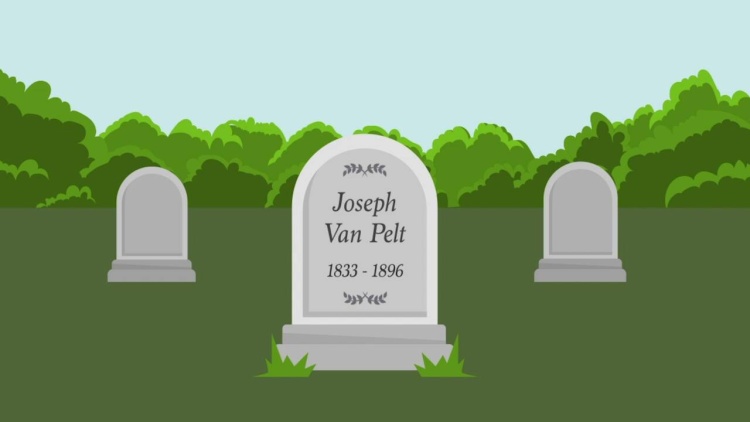Newman v. Bost
North Carolina Supreme Court
29 S.E. 848, 122 N.C. 524 (1898)
- Written by Dennis Chong, JD
Facts
Joseph Van Pelt died intestate with no children. In the final weeks of his life, bedridden, Van Pelt summoned Julia Newman (plaintiff), his housekeeper of 10 years, to his bedside. Van Pelt handed Newman a set of keys and proclaimed that he wanted her to have everything in his house. One of the keys on the set was to a locked bureau, which contained a life-insurance policy worth $3,000. Van Pelt’s house also contained other items of furniture and property, including property in Newman’s personal bedroom. Van Pelt’s home had once contained a piano in the parlor. Van Pelt referred to the piano as “Miss Julia’s piano.” Van Pelt had insured the piano and collected the insurance proceeds on the piano when it burned; he had also indicated that he planned to buy Newman another piano, but he never did. Upon Van Pelt’s death, F.W. Bost (defendant), the administrator of Van Pelt’s estate, took possession of everything in the house on behalf of the estate. Specifically, Bost collected the $3,000 life-insurance payout and the $300 insurance payout for the piano, he sold most of the personal property in the house, and he sold some personal property located in Newman’s room. Newman sued, claiming that the property belonged to her as a gift from Van Pelt and that Bost had inappropriately taken the property. A jury found for Newman. Bost appealed.
Rule of Law
Issue
Holding and Reasoning (Furches, J.)
What to do next…
Here's why 909,000 law students have relied on our case briefs:
- Written by law professors and practitioners, not other law students. 47,100 briefs, keyed to 997 casebooks. Top-notch customer support.
- The right amount of information, includes the facts, issues, rule of law, holding and reasoning, and any concurrences and dissents.
- Access in your classes, works on your mobile and tablet. Massive library of related video lessons and high quality multiple-choice questions.
- Easy to use, uniform format for every case brief. Written in plain English, not in legalese. Our briefs summarize and simplify; they don’t just repeat the court’s language.





